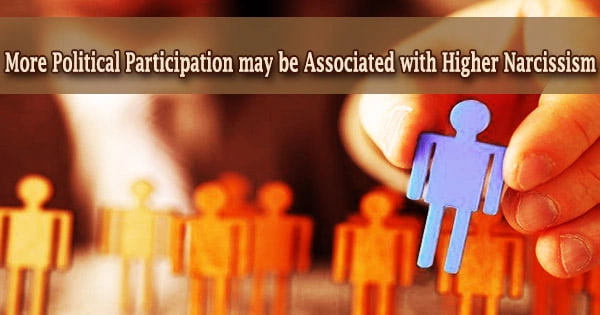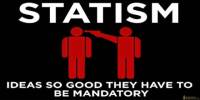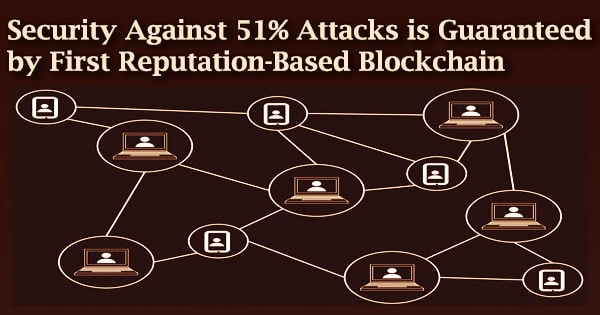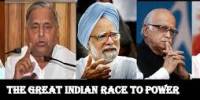A politically active electorate is essential for a healthy democracy, yet not everyone votes or participates in other political activities. People who are narcissistic may also be more politically involved, according to new research. Narcissism is a self-centered personality trait marked by a preoccupation with one’s own demands and an obsessive concern in one’s physical appearance, frequently at the expense of others.
Researchers discovered that those with greater degrees of narcissism, a feature that combines selfishness, entitlement, and a desire for admiration, were also more likely to participate in politics in a series of studies conducted in the United States and Denmark. This might entail, among other things, contacting lawmakers, signing petitions, sending money, and voting in midterm elections.
If people who are more interested in their own personal gain and status take a greater part in elections, then we can expect candidates to emerge who reflect their desires narcissism begets narcissism.
Peter Hatemi
The findings recently published in the Society for Personality and Social Psychology, according to Peter Hatemi, distinguished professor of political science at Penn State, may provide insight into how and why some political candidates win in elections.
“It is hard not to think that those high in narcissism taking part in the political process appears to have some role in the current state of our democracy,” Hatemi said. “If people who are more interested in their own personal gain and status take a greater part in elections, then we can expect candidates to emerge who reflect their desires narcissism begets narcissism.”
Previous research has connected greater levels of narcissism to actions that might be damaging to functioning democracies, such as shifting attention away from civic obligation and toward self-interest and pleasure, according to the researchers. More conflict and civic turmoil have been linked to more narcissism in the broader population, as well as less collaboration, compromise, and forgiving.
Narcissism is characterized by sentiments of entitlement and superiority, arrogant or haughty attitudes, and a generalized lack of empathy and concern for others. It is a necessary component of fundamental self-worth and mature self-esteem. Narcissistic conduct is, in essence, a set of intrapersonal and interpersonal behaviors aimed at preserving one’s self-esteem.
Hatemi said that in the current political climate in the U.S., more people are becoming politically active but this mobilization is not evenly distributed among personality types.
The researchers obtained a wide range of data for their study. They conducted two nationally representative polls, one in the United States and the other in Denmark, each with 500 and 2,450 participants. Third, web-based research with 2,280 participants was conducted in the United States.
Participants were questioned about their voting history and political activity in all three research, which covered things like attending rallies or meetings, contacting politicians or the media, and contributing money. A questionnaire was used to assess narcissism, with participants being asked to pick between two statements that may apply to them.
For example, “I insist upon getting the respect that is due me” vs. “I usually get the respect that I deserve.”
The researchers discovered that narcissism was linked to higher levels of early political activity, such as contacting decision-makers and advertising their views. People with greater levels of narcissism were also more inclined to participate in the midterm elections. According to the study, persons with greater degrees of narcissism physically speak out more, thus their voices are more likely to be heard.
When the researchers looked into the data further, they discovered that superiority and authority/leadership attributes were linked to higher engagement. Self-sufficiency, on the other hand, was linked to lower involvement.
“The general picture is that individuals who believe in themselves, and believe that they are better than others, engage in the political process more,” Hatemi said. “At the same time, those individuals who are more self-sufficient are also less likely to take part in the political process. This means that policies and electoral outcomes could increasingly be guided by those who both want more but give less.”
While pinpointing a remedy is tough, Hatemi believes that identifying strategies to boost political involvement among a more diverse population while eliminating narcissistic overrepresentation is a good place to start.
“Successful democratic functioning requires trust in institutions, efficacy, and engagement in the democratic process,” Hatemi said. “If those who are more narcissistic are the most engaged, and the political process itself is driving up narcissism in the public, in my opinion, the future of our democracy could be in jeopardy.”
Zoltán Fazekas, associate professor of business and politics at Copenhagen Business School, also participated in this work.
















